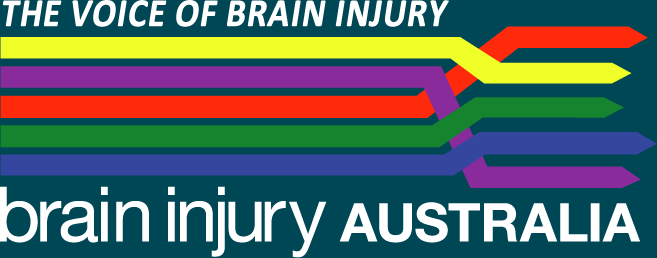Cognitive symptoms & suggestions
Cognitive symptoms
Cognitive symptoms are thinking difficulties.
These symptoms are made worse by worry and stress, so it is important to try not to let the difficulties upset you too much.
Also, it is important to remember that thinking difficulties are experienced by everybody in everyday life.
If you are experiencing difficulties after a head injury you might find yourself overestimating your pre-injury abilities and blaming any small errors on your injury.
Try to maintain a realistic sense of how you are functioning now compared to before the injury and don't mislabel normal thinking mistakes as evidence of effects of the injury.
Trouble Thinking
This problem is usually a side effect of other symptoms. Concentration problems, being tired, headaches, and anxiety can all make it hard to think clearly. Like these other symptoms, trouble thinking is probably a sign that you are doing too much too soon.
Poor Concentration
The main cause of poor concentration is tiredness. When it becomes difficult to concentrate on what you are doing take a break and relax. Between 15 and 30 minutes should be enough. If you continue to have problems, your work day, class schedule, or daily routine should be temporarily shortened. Trying to
“stick to it” won’t help and usually makes things worse.
Reducing distractions can help. Turn down the radio or try to work where it’s quiet. Don’t try to do too many things at once. Writing while you talk on the phone or taking notes as you listen to someone talk are examples of doing two things at the same time. It may be difficult to concentrate on more than one thing at first. You will be able to concentrate better when you have had enough rest.
Memory Problems
Memory difficulties have several causes. The part of our brain that stores memories is called the temporal lobe. This is the part of the brain that is most likely to be bruised in a TBI. Some memory difficulties can be caused by the bruises, which is why you may not remember the accident very well. Like a black and blue mark on your arm or leg, these bruises will recover with time. Your memory will most likely improve as this happens.
If you can remember the accident it is likely that your brain was not bruised. Most of the memory problems people notice after a mild TBI are not caused by bruising. They usually come from poor concentration and fatigue.
For you to remember something, you have to pay attention to it first. If you don’t concentrate long enough, the information is never stored in your memory. Concentration problems are a normal part of recovering from a TBI and some memory trouble is a normal side effect.
You will probably be able to concentrate and remember better when you get enough rest. Memory problems can be a sign that you are pushing yourself too hard. Writing things down or using a pocket tape recorder are other excellent ways of coping with temporary memory difficulties. They will help recovery and not slow it down.
Of course, nobody’s memory is perfect anyway. After a TBI it can be easy to forget that we sometimes had trouble remembering things even before the accident. Some of the symptoms you notice may actually have nothing to do with your TBI. A list of common memory “problems” is shown in the Table below, along with the percentage of people who experience each “symptom” even though they didn’t have a TBI.
Things We Normally Forget
“Symptom” |
Percent of People |
Forgets telephone numbers |
58% |
Forgets people’s names |
48% |
Forgets where car was parked |
32% |
Loses car keys |
31% |
Forgets groceries |
28% |
Forgets why they entered a room |
27% |
Forgets directions |
24% |
Forgets appointment dates |
20% |
Forgets store locations in shopping centre |
20% |
Loses items around the house |
17% |
Loses wallet or pocketbook |
17% |
Forgets content of daily conversations |
17% |
